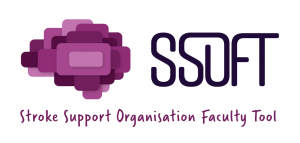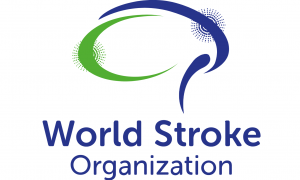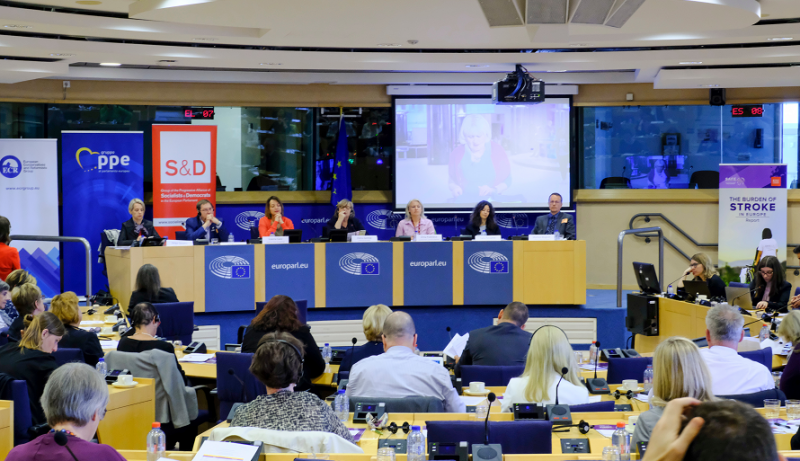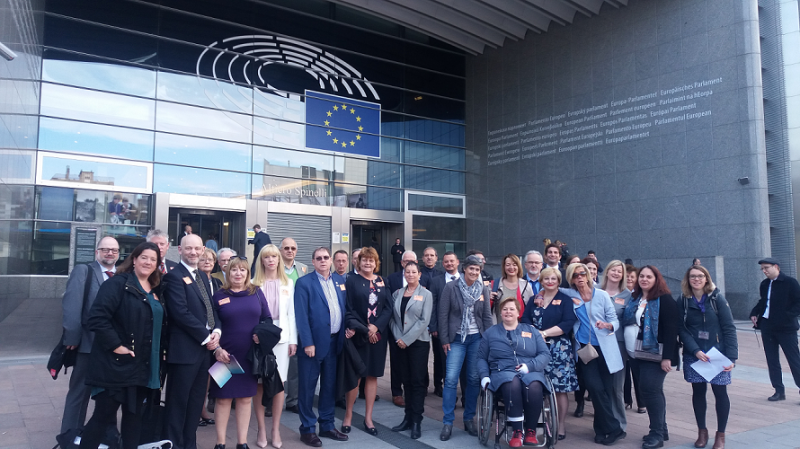Interested in becoming a stroke advocate and learning how to change stroke policy in your country?
If you are an individual or an organisation seeking to advance stroke policy, elevate the issue of stroke to improve stroke awareness, prevention, treatment and support by driving change through governments and institutions, and you would like to learn about how to do this, we recommend you look at our Stroke Support Organisation Faculty e-learning tool. It has several modules which will help you.
 For example, one module called Public Advocacy focuses on the role of public engagement in advocacy and how to drive change by publicity engaging with both traditional and social media channels. This Module is helping learners understand the role of traditional media and learn how to work with journalists & editors as well as examine the role of social media in bringing momentum for change.
For example, one module called Public Advocacy focuses on the role of public engagement in advocacy and how to drive change by publicity engaging with both traditional and social media channels. This Module is helping learners understand the role of traditional media and learn how to work with journalists & editors as well as examine the role of social media in bringing momentum for change.
You can access the Module 6: Public Advocacy by clicking on this link. Please follow the instruction to register and access the learning material.

In addition, the World Stroke Organization also provides materials that are critical for campaigning around stroke. Please click here to access their resources page and download materials, including a Stroke Advocacy Toolkit that could help you communicate your goals and influence change in your country.
Interested in starting up a Stroke Support Organisation?
Stroke Support Organisations (SSOs) vary throughout Europe. Some are run solely by stroke survivors, some by healthcare professionals and others by a mixture of people with a professional or personal interest in stroke. At a minimum, most SSOs offer information and advice to stroke patients, but they might also provide peer support, family counselling, rehabilitation therapy or welfare services. Many also engage in wider ranging activities such as awareness campaigning, prevention screening, lobbying for better services, and funding or facilitating stroke research. But despite all this heterogeneity, SSO are united by one common goal: to reduce the negative impact of stroke on individuals, their families and the wider society. When starting an SSO, you have to consider the people, resources and skills required to setting up and growing and SSO within your own country and context.
We would like to recommend that you look at our Stroke Support Organisation Faculty Tool, an eLearning tool made of six modules that can help you with your SSO while they also strengthen your abilities as a stroke advocate.
You may also want to look at the tool kit toolkit developed by the World Stroke Organization. Please email the International Development Officer sarah.belson@stroke.org.uk for further information and practical guidance on setting up and growing a Stroke Support Organisation
Every country needs Stroke Support Organisations: “The Voice of the Stroke Survivor”
Stroke Support Organisations are Non Governmental Organisations (civil society) that address the concerns of stroke survivors and their caregivers by:
Representing their views, and their families’ views on improved stroke care
Organizing services and support in the community using trained volunteers with links to professionals
Raising awareness about stroke and the need for better resources
Sharing experiences in dealing with problems resulting from stroke
Providing relevant information to stroke survivors and their caregivers
Supporting Government initiatives to help prevent stroke in the first place.
Many Governments listen to SSOs because they are the voice of the stroke patient.
Political activities we have been involved in
In 2017, SAFE commissioned a research project to King’s College London, who then provided a comprehensive overview of stroke care pathway across 35 European countries, called the Burden of Stroke Report.
SAFE is dedicated to muster the political will to help prevent stroke-related death and disability.

In this section you will find reports and documents concerning SAFE’s activities in the political arena and other related activities.
Image credits : ©Weber Shandwick

In 2019, we held the ‘Joining forces to prevent and control non-communicable diseases: The role of policy in tackling stroke’ event in in Brussels, at the Committee of the Regions (CoR). The event, held under the patronage of the Romanian Presidency of the Council of the European Union (EU), was organised by the Stroke Alliance for Europe (SAFE) in collaboration with the European Stroke Organisation (ESO) and the Romanian National Association of Stroke (ANRS). For a full report of the event – please click here




